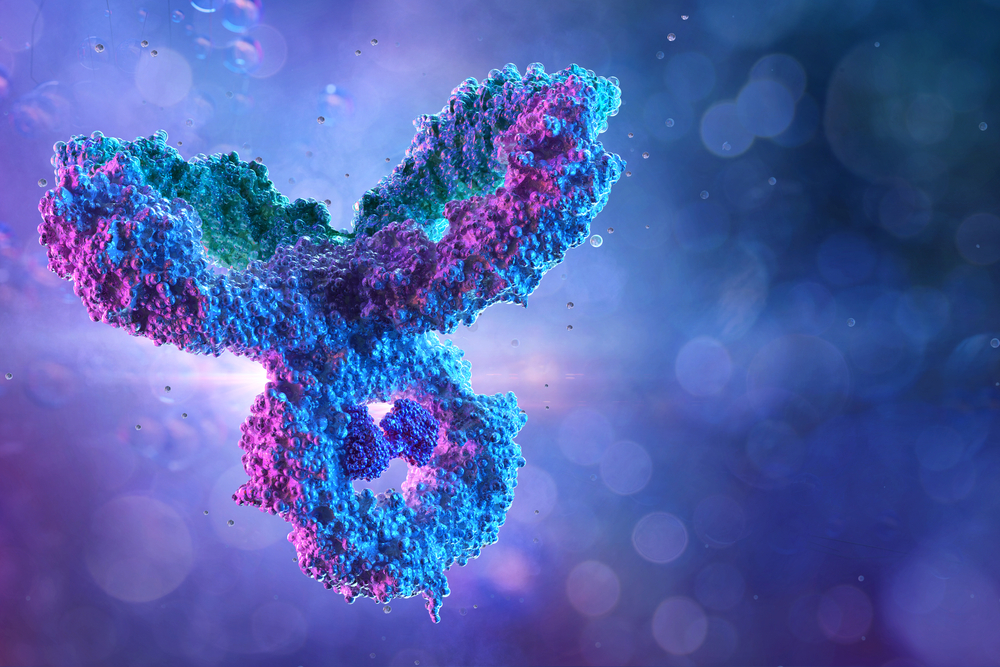Significant in vivo efficacy and toxicology studies
Murine antibodies were originally acquired from Cell Signals Inc. in 2008 and have then been further developed against human Midkine (“MDK”) in preparation for clinical deployment. This gave rise to corresponding patent applications covering N-domain specific antibodies and the humanised C-domain antibody designated as ROQA2. The N-domain Midkine antibodies were shown to be effective in preclinical models of bone fracture healing, autoimmune myocarditis, chronic kidney disease and cancer metastasis. A humanised N-domain antibody (ROQA1) has also been developed and shown to bind with high affinity to the Midkine protein. Their ability to inhibit inflammatory processes, especially recruitment and activation of neutrophils, combined with previous studies showing Midkine’s role in repressing T regulatory cells demonstrated the therapeutic potential of targeting Midkine. Both ROQA1 and ROQA2 antibody programs demonstrated significant anti-cancer activity in validated in vivo models of metastatic tumours. The results showed a significant impact in metastatic breast cancer (P<0.05) and Osteosarcoma (P<0.05) reducing both the number and size of lung metastases.
Humanized antibodies have been manufactured for both programs, with ROQA2 being successfully tested in both rodent and a non-human primate GLP toxicology and pharmacokinetic studies. On the basis of these positive results and the early commercial potential to be first to market with an anti-Midkine oncology antibody, the Company is accelerating development of the antibody programs which remain on track for CTA/IND filing in late 2023.
An update on the Midkine antibody program was presented on 3 November 2022 at the Festival of Biologics conference in Basel, Switzerland.
